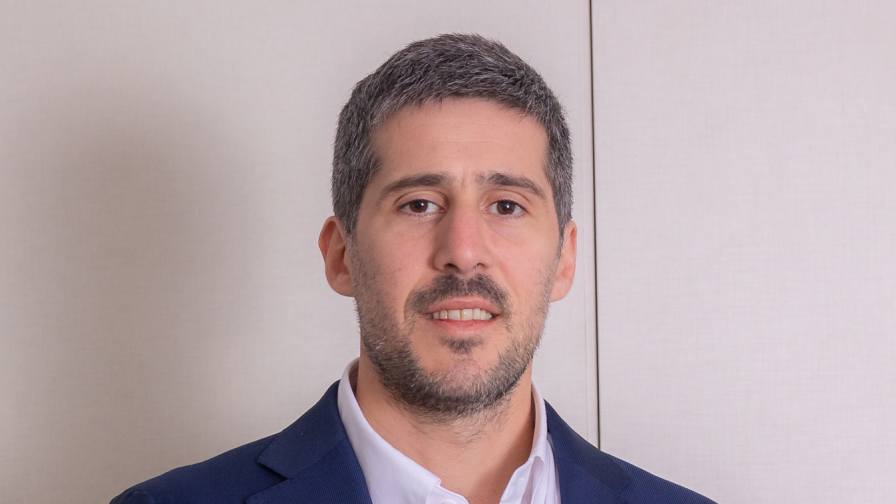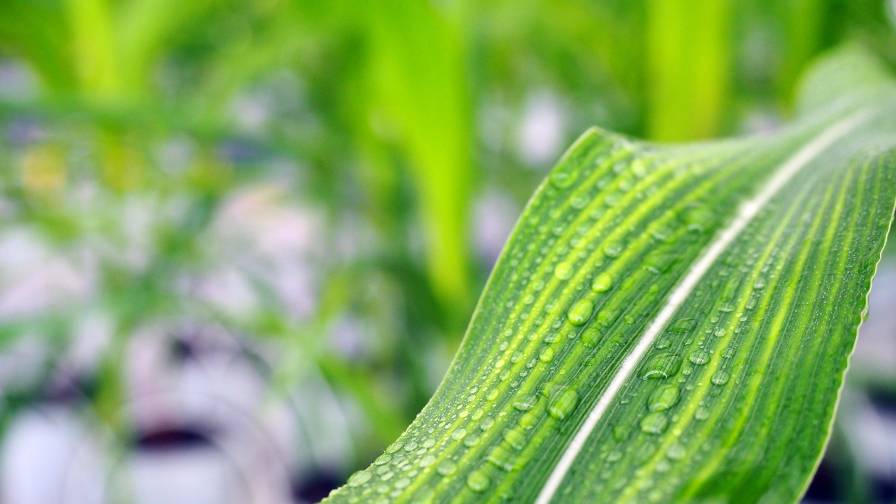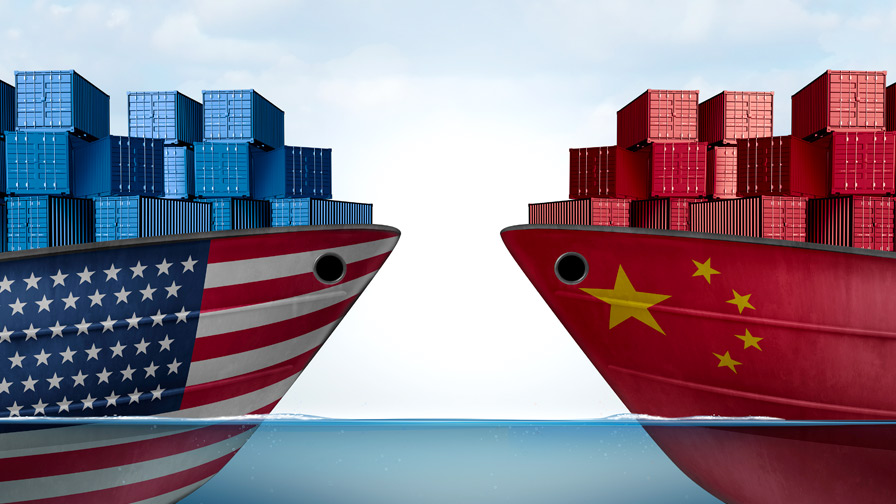India Accuses Fertilizer Industry of Price Fixing
India’s agriculture leaders are accusing the world’s suppliers of pushing prices too high and making the global food crisis worse, according to The Financial Post. At the same time, India’s fertilizer subsidies are soaking up government funds at record levels as fertilizer prices climb.
“What we’ve observed in the last year is a cartelization of suppliers,” said Dr. U. S. Awasthi, managing director of Indian Farmers Fertilizer Co-Operative Ltd. (IFFCO), one of the world’s largest fertilizer buyers, which supplies 55 million members. IFFCO also is the largest fertilizer producer in India and buys three million tons of potash through an affiliated firm.
“There is a control of phosphate suppliers, control of potash, which are creating havoc with agriculture,” he said at the International Fertilizer Industry Association (IFA) conference. “We are appealing to the United Nations to put some fear of God in these cartels,” he said.
J.S. Sarma, secretary to the Indian government’s department of fertilizers, seemed to agree, noting that prices are currently “abnormally high, and not justified at all.”
According to Sarma, the price increase is not in line with India’s roughly 10% per year increase in demand. “I would stop short of using the word ‘profiteering,'” Sarma said, “but it is an unhealthy practice. The way the fertilizer price-fixation system is structured is likely to affect global food security.”
The impact of the 150% to 300% increase in fertilizer prices in India has increased the amount of India’s subsidy to US $22.5 billion, almost two-and-a-half times higher than last year, and eight times higher than it was six years ago. Spending on fertilizers in India is nearing the country’s defense budget, and equal to 2.5% of its GDP.
William Doyle, chief executive officer of PotashCorp, the world’s largest fertilizer producer, countered Awasthi’s claims. “Grain prices are driving up fertilizer prices, not vice-versa,” Doyle said. “He has an agenda — which is, they want low fertilizer prices, and I don’t blame him.”
Doyle rejected allegations that fertilizer producers act as a cartel, pointing out that Canpotex has not matched a rival cartel’s latest price rise – to US $1,000 a tonne – feeling the increase is too much, too soon. “If you look at the record, we act independently,” he said.
Currently, Indian growers are facing a shortage of key nutrients, according to the Indian news portal sify.com. In particular, diammonium phosphate (DAP) is in limited supply, and the Indian government confirmed the country, and especially the state of Maharashtra, is likely to face a shortage during the coming kharif season.
The state has appointed Maharashtra Agricultural Industries and Development Corp. (MAIDC) to import DAP to fill the gap between demand and supply. India imports DAP mainly from the US and China and rock phosphate from Jordan, the article states.






